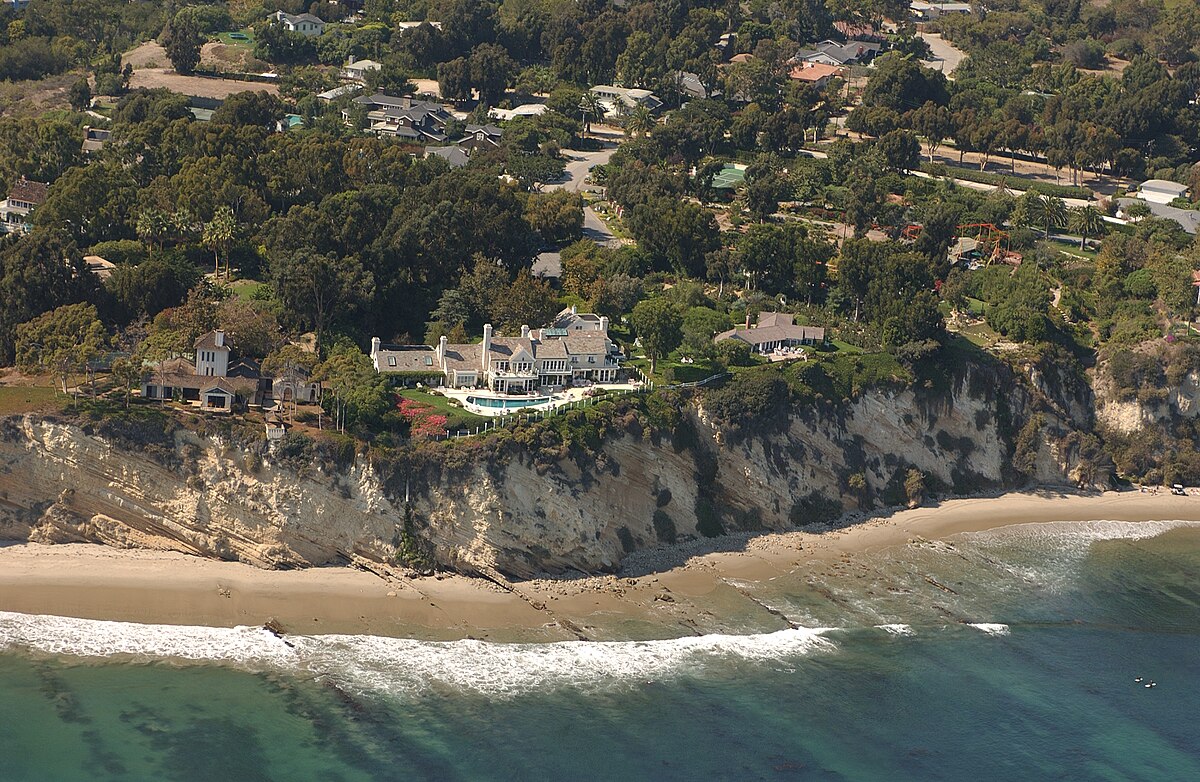University of Colorado administration successfully censors (for now) investigative journalism criticizing it

For the past several months, a reporter at the Boulder Daily Camera has been investigating how the University of Colorado’s Boulder main campus handles complaints of discrimination, harassment, and retaliation in general, and in particular against the deans of the university’s schools and colleges.
Saturday morning, the paper published her 3,200-word article on the subject, which you can read here.
Except you can’t, because within hours after the story was published, CU’s administration managed to force the paper to spike the story. It did this by demanding a long list of “corrections,” which the story’s author, Olivia Doak, didn’t think were warranted. Ms. Doak’s editor explained to the CU powers that be that whatever issues they had with the story could be addressed Monday, when she and her reporter would be back in the office. CU did not accept that answer, and continued to demand that the story be pulled or else. Exactly who threatened who and how is something I don’t know at the moment, but I’ll be filing a Colorado Open Records Act request to find out.
I was one of two CU professors quoted in the story on the record, along with the celebrated historian of the American west Patty Limerick. It probably won’t surprise you to hear that neither one of us had anything good to say about how the University of Colorado handles claims of discrimination, harassment, and retaliation. In that vein, I thought this was the single most interesting fact Doak reported in her for-now successfully censored piece of investigative journalism:
More than half a dozen professors declined to speak to the Daily Camera on the record or anonymously about their experience with OIEC, most citing a fear of retaliation or other professional consequences.
Now where would these people get the idea that their deans might retaliate against them for something as unambiguously protected by federal law as filing a discrimination claim?
A colleague at another university notes that the unwillingness of so many faculty to be quoted in the story even anonymously is the kind of thing that should be a giant red flag for those charged with the legal and administrative oversight of the institution. “If this were focused on anyone other than university faculty, EEOC and DOEd would be sending teams in to hold some people to account — and, of course, the regents would be firing people.”
Despite the CU administration’s successful retaliatory efforts against Doak for the offense of committing journalism, I’ll be doing my best to make sure people can eventually read Doak’s story one way or another, and that it gets all the attention it deserves.
. . . I’ve already gotten ahold of some of the university’s demanded “corrections,” and to give you some sense of the kinds of things to which the administration is objecting, here’s one of them, via
Nicole Mueksch (pr. “Mix”)
Director of Issues Management, Spokesperson
University of Colorado Boulder
Contextualization of this quote from Mr. Campos, factually inaccurate: “Don’t have a bunch of wannabe CEOs running the university. Have actual academics running it.” The current and past chancellor, the current provost and all deans are academics.
That’s PROFESSOR Campos, Nicole.


